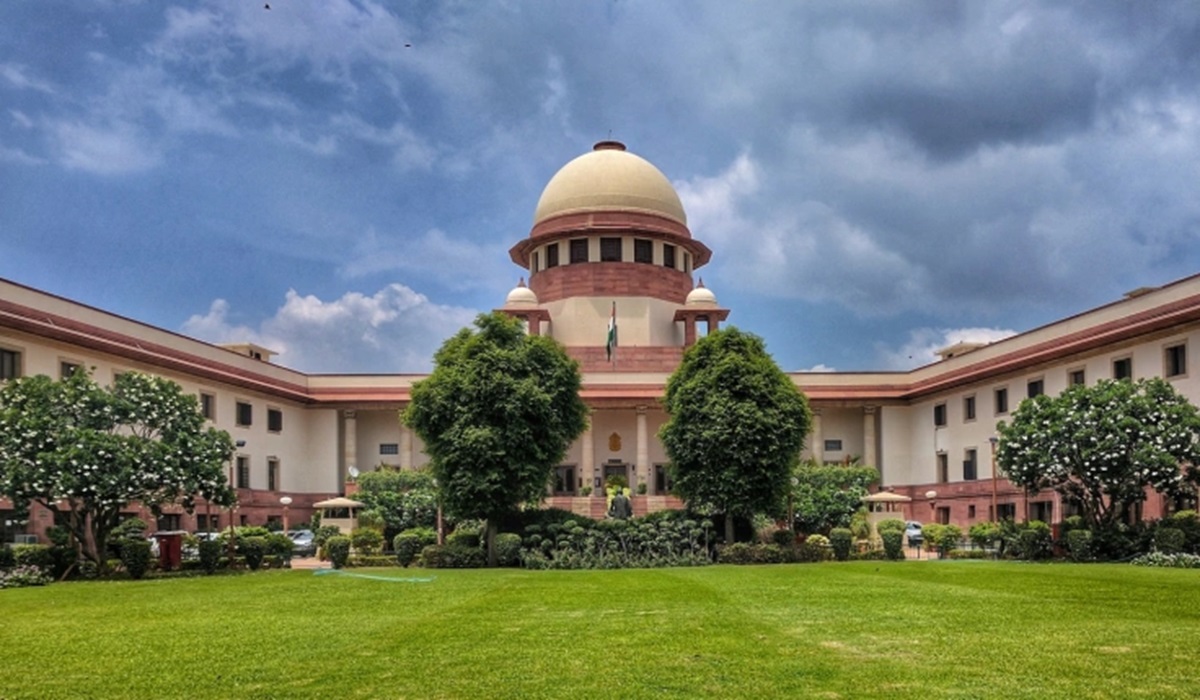
New Delhi: The long-standing Sutlej-Yamuna Link (SYL) canal dispute between Punjab and Haryana saw strong exchanges in the Supreme Court on Monday, as a Bench comprising Justices B.R. Gavai and A.G. Masih heard arguments on the original 1996 suit filed by Haryana seeking implementation of a 2002 Supreme Court decree mandating construction of the canal.
The SYL canal project, envisioned to share river water between Punjab, Haryana, and Rajasthan, has been a decades-old flashpoint between Punjab and Haryana. While Haryana completed its 100 km stretch of the canal, Punjab has yet to construct its share, citing socio-political unrest and public opposition.
During the hearing, Justice Gavai raised concerns over the consequences of implementing the decree amid public unrest: “If the construction of the canal leads to a situation where hundreds of lives will be lost, then what?” he asked.
Senior Advocate Shyam Divan, representing Haryana, argued that the rule of law must prevail. “If the Supreme Court’s 2002 decree is not given the weight it deserves, then what becomes of the authority of this Court?” he said. He added that Punjab’s actions amounted to undermining the Court’s orders and warned against letting states unilaterally disregard judicial mandates.
Justice Gavai also questioned Punjab’s decision to denotify land that had previously been acquired for the canal’s construction, calling it an act of “high-handedness.” He noted that while Haryana had fulfilled its obligations under the decree, Punjab had failed to do so.
Punjab’s Advocate General defended the state’s position, emphasizing that the situation is not as simple as presented. “Should a judicial decree be implemented at the cost of public unrest?” he asked, suggesting that alternative means of water sharing should be explored to maintain national stability.
Justice Gavai responded sharply, noting: “You are attributing the decree to a lack of due consideration by the Court. That’s a serious claim.”
The Court, in its order, directed the Union of India to continue efforts to facilitate an amicable solution. However, it made clear that if no resolution is reached, the matter will be heard on *August 13, 2025*.
Advocates-on-Record for both states were instructed to prepare a detailed *Convenience Compilation* that includes all orders and relevant documents passed in the matter so far.
The SYL canal issue continues to be a politically sensitive and emotionally charged matter in both states, with implications for inter-state relations, federalism, and water resource management.
